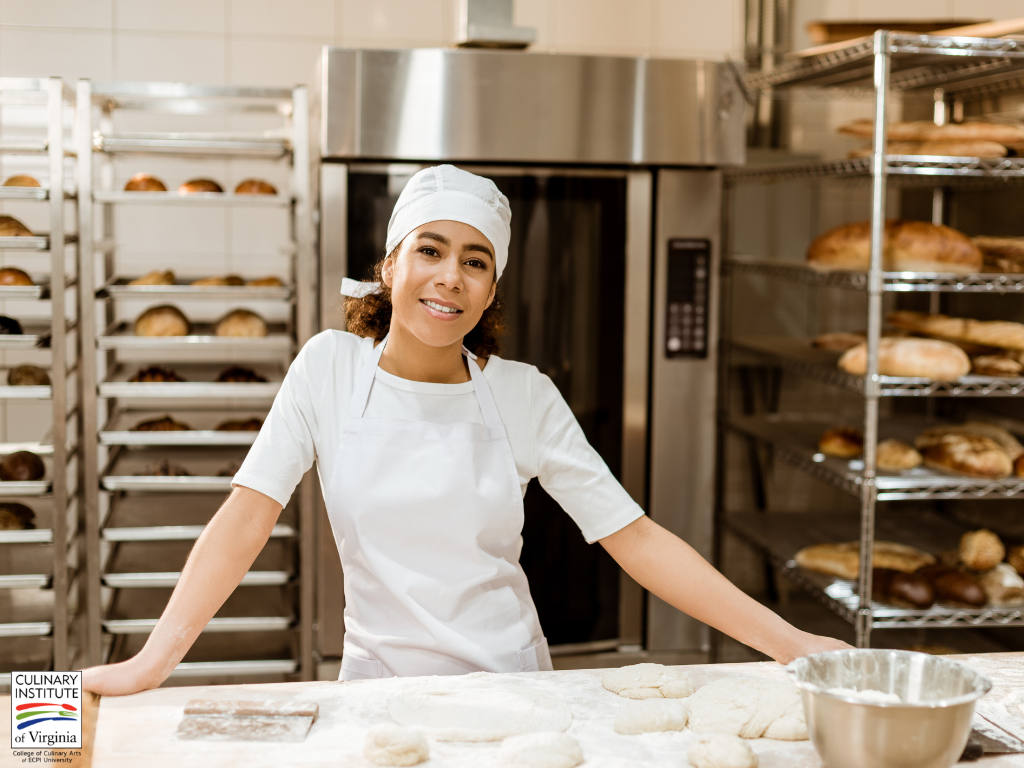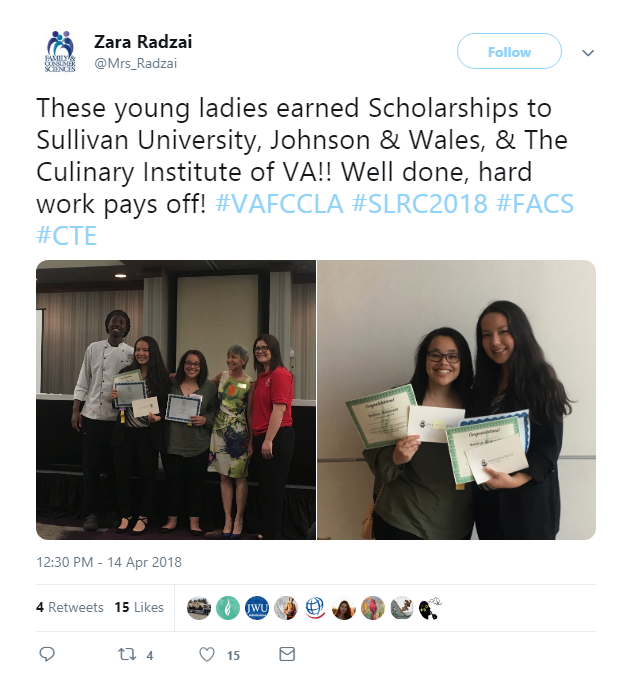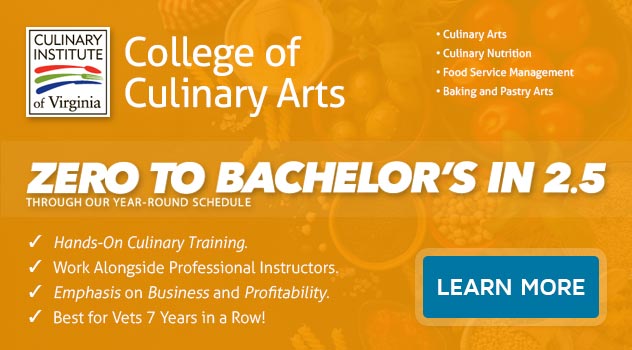How Can I Get Better at Baking: Would a Formal Degree Help?
Are you interested in baking and pastry arts? You could strengthen your skills by joining a culinary school that offers hands-on training. Many people begin their careers as bakers, pastry chefs, and cooks with a high school diploma coupled with work experience.
However, if you’re looking to advance your career in baking, it is a good idea to enroll for a degree program in baking and pastry arts. Today, many employers prefer applicants with formal training in baking and culinary arts.
Baking and Pastry Arts Overview
If you love the smell of bread baking, a sumptuous treat after dinner, or the satisfaction of working with your hands to craft delicious bites, training in baking and pastry arts could be the best fit. Various formal education programs lead to degrees or certificates in this field. If you have gained skills in baking and pastry arts, you might be employed as a cook, baker, or pastry chef.
Benefits of Formal Education in Baking and Pastry Arts
Pastry chefs are bakers who specialize in creating mouth-watering treats that meet the expectations of various customers. If you have a talent for baking sweet delights, you could wow your friends and family with great treats. However, hands-on skills alone may not be adequate to secure you a spot in a professional bakery. Therefore, you need a formal education to achieve your highest potential in baking and pastry arts.
Baking is a Science
Baking is not all about mixing tasty ingredients together. The hands-on experience could equip you with the skills to find the right combination of textures and flavors, but creating a high-quality pastry involves real science.
When making baked goods, you utilize a series of controlled chemical reactions. A combination of flour, yeast, eggs, and other ingredients may seem harmless, but introducing heat and humidity stirs up food enzymes. You need the right skills to control the activities of these enzymes to produce a crispy crust instead of a soggy mess.
Formal education in baking and pastry arts should equip you with knowledge in the following areas:
- Conduction – You learn how different materials like metal, glass, and ceramic dishes conduct heat. That way, you can know which material works best for what baking item.
- Convection – How heat moves through the baked food affects texture, taste, and consistency. You can learn how to use this scientific fact to your advantage.
- Radiation – Radiation is the way heat moves away from the source. This science helps you create the right thickness and consistency in baked food products.
Additionally, heat influences the rate of water evaporation in a baker’s recipe. You should learn how to properly control heat and humidity through proofing, fermentation, and flour.
Kitchen Management Skills
Working in a commercial kitchen requires knowledge and skills that are best acquired from a professional pastry school. Sanitation involves more than just washing your hands. Food safety and sanitation means storing ingredients in sealed containers, keeping surfaces and equipment sparkling clean, and rotating stocks in a timely manner.
Since bakers handle a variety of tools on a daily basis, you need organization skills. You should keep your tools organized and in good working conditions to enjoy a successful baking and pastry career.
Additionally, formal education should give you food cost control skills so you know how to order the right ingredients and waste as little as possible. Bakery education includes knowledge in buying, storing, and protecting food items and equipment.
Recipes and Ingredients
Most home-taught bakers stock just a few recipes that they can confidently present. By getting formal education, you could expand your knowledge of creating a wide range of baking products. Through design and artistry, you could present pastries that attract potential buyers before they take the first bite. A formal training program equips you with the skills to top your tasty bites with eye-grabbing colors and designs.
Additionally, you should know how to create alternative recipes and ingredients for people with food allergies and special diet needs. Formal training should teach you how to use specialty ingredients like vegan flouring, gluten-free flour, or nutritional supplements.
Is a Professional Kitchen Where You Belong?
Would you like to know more about how you can better your baking and pastry career with a formal training program? ECPI University offers an Associate of Applied Science in Baking and Pastry Arts at an accelerated pace. For more information on this innovative program, contact a friendly admissions counselor today.
It could be the Best Decision You Ever Make!
DISCLAIMER – ECPI University makes no claim, warranty, or guarantee as to actual employability or earning potential to current, past or future students or graduates of any educational program we offer. The ECPI University website is published for informational purposes only. Every effort is made to ensure the accuracy of information contained on the ECPI.edu domain; however, no warranty of accuracy is made. No contractual rights, either expressed or implied, are created by its content.
Gainful Employment Information – Baking & Pastry Arts – Associate's
For more information about ECPI University or any of our programs click here: http://www.ecpi.edu/ or http://ow.ly/Ca1ya.





